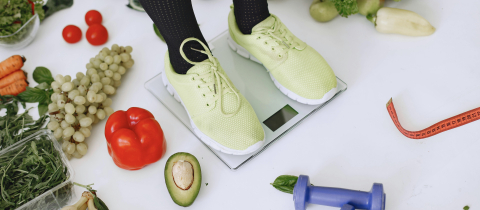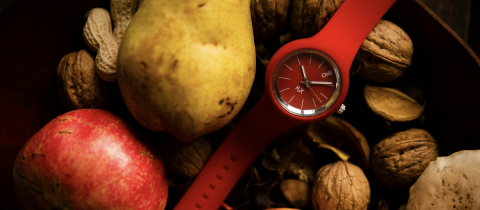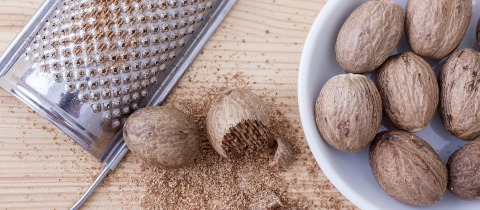There is no doubt that the way food is cooked has an impact on nutrient absorption and toxin production. Some restaurants, particularly in California, are capitalising on this idea. They point out that low temperature cooking prevents the formation of carcinogens, which is in fact correct. They also claim that that low temperature cooking preserves the enzymes in the food. That may also be true, but it is irrelevant. Enzymes are proteins and are broken down in the digestive tract to peptides or amino acids. While tiny amounts of certain enzymes may survive digestion to be absorbed, they have no clinical relevance. The human body does not require enzymes from an outside source; it is capable of synthesising all the enzymes it needs. The one exception to this are digestive enzymes which may have to be supplied in the case of pancreatic insufficiency or cystic fibrosis. In this case the enzymes are encapsulated in a capsule which is designed to resist breakdown in the stomach and release its contents in the small intestine where they can carry out their digestive function.
Overcooking can indeed cause problems but this has nothing to do with preserving enzymes. Heat promotes the formation of advanced glycation end products (AGEs), polycyclic aromatic hydrocarbons (PAHs) and heterocyclic amines (HCAs). All three substances are proven or highly suspected human carcinogens.
The heterocyclic amines, for example, can damage DNA which in turn can result in cancer. Studies by the National Cancer Institute in the U.S. have correlated HCA intake with increased risks of stomach, colorectal, pancreatic and breast cancers. Also disturbing is a study that showed a link between HCAs and cardiac damage in rats and monkeys. Similar problems are seen with AGEs. A study of diabetics found that AGE consumption is associated with cardiovascular disease. AGEs increase LDL, the so-called "bad cholesterol" and promote blood vessel damage. AGEs might also interfere with the body's ability to heal wounds, a problem already facing diabetics.
HCAs are formed when amino acids from proteins react with creatine at high cooking temperatures. AGEs result from a reaction between glucose and proteins in the absence of water. Barbecuing is the main source of PAHs: these are generated when fat from meat or other fatty foods drips onto the coals and is charred by the heat. The PAHs formed then volatilise and are absorbed by the meat.
Of course, the amounts of PAHs, AGEs and HCAs that form depend on several factors, but predominantly on the cooking temperature. HCA content increases threefold when cooking temperature increases from 200o to 250oC. Frying, broiling and barbecuing produce the highest levels of HCAs. Stewing, boiling or poaching induce negligible amounts of these chemicals, because such modes of cooking involve lower temperatures, usually around 100oC. HCAs occur only in muscle meats and are absent in milk, eggs, tofu and organ meats, such as the liver. Meats that are partially cooked in microwave ovens have significantly lower levels of HCAs (up to 90 per cent). AGEs are present in all sorts of browned foods, such as brown cookies, brown bread crust, brown basted meats, brown meat and even brown coffee beans.
The production of AGEs, HCAs and PAHs during the cooking process is not a reason to consume raw foods. Cooking kills germs, protects from infection and helps to preserve food longer. It also makes the food easier to chew and more digestible. Cooking, especially prolonged boiling, does reduce the vitamin content of vegetables, but it makes some nutrients more readily available. Beta-carotene in carrots and lycopene in tomatoes are more readily released if the vegetables are cooked. One study found that people who ate cooked, puréed carrots and spinach ended up with three times more beta carotene in their blood than those with equivalent amounts of the raw vegetables. Another study showed that people who consume 1.5 ounces of tomato paste have more than twice as much lycopene in their blood than those eating 14 ounces of fresh tomatoes a day.







